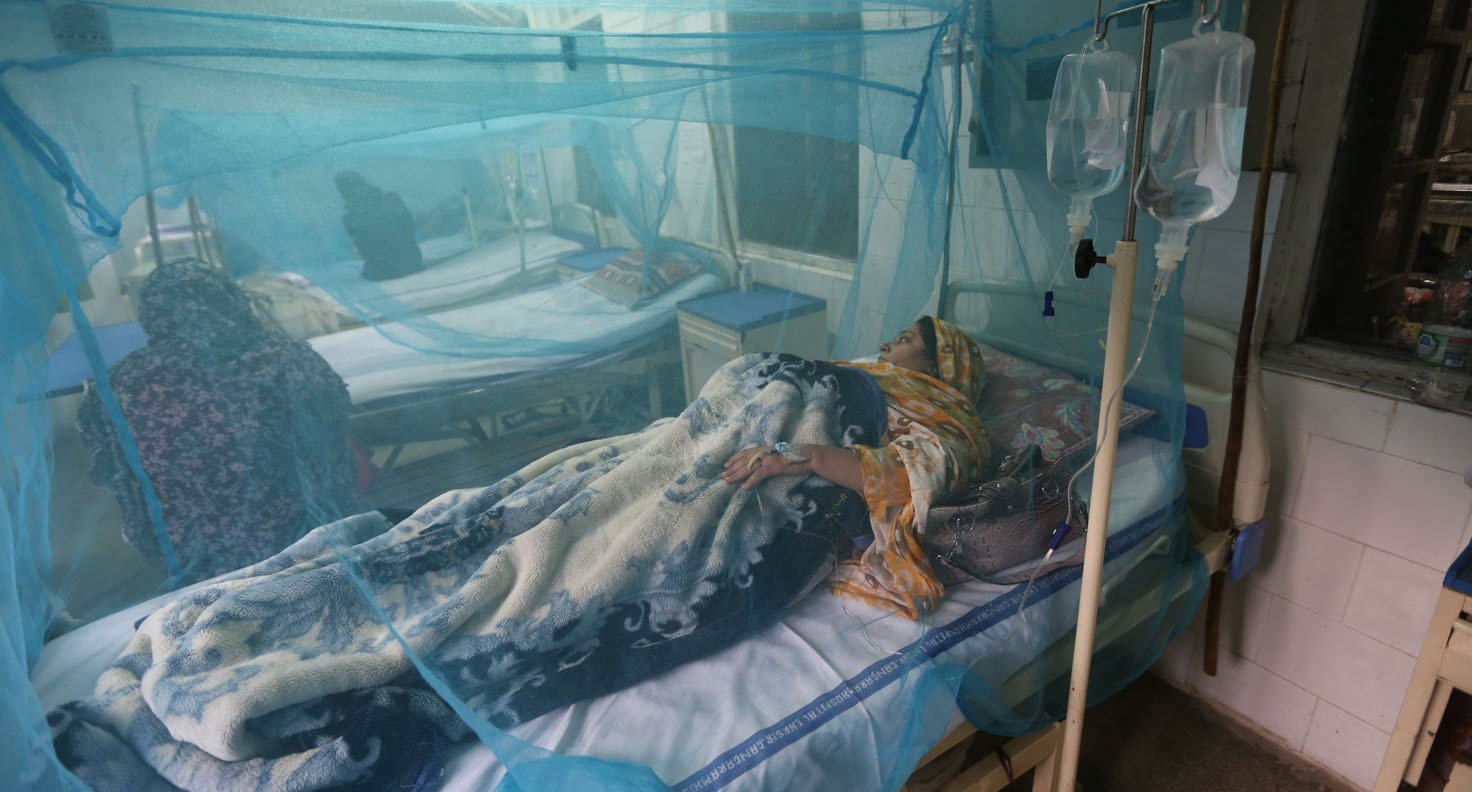
Statistics show that the province, and Lahore in particular, is much better prepared to deal with both prevention and cure of dengue

There is no immediate threat of dengue spread. Compared to previous years, dengue cases have reduced considerably. Coordinated efforts from all departments of the Punjab government have controlled the vector borne disease, it seems.
Comparing the data of previous years with that of the current year, Additional Director General and Incharge Dengue Control Programme Punjab Dr Syed Islam Zafar says, "There were 2,000 confirmed dengue cases in Punjab, but in the current year till October 9, there are 207 confirmed dengue cases, which means a considerable reduction of the disease in the province."
According to the latest data of the Punjab Health Department, there are 1,284 dengue suspects, 369 probable and 207 confirmed dengue cases in Punjab. The confirmed dengue patients include 39 in Lahore, 118 in Rawalpindi and 32 in Sheikhupura. The most dengue vulnerable towns of the City are Ravi Town, Nishtar Town and Lahore Cantonment. August and September are the months in which dengue cases are normally on the rise. There are minimum 10 dengue inspection teams in a union council and every team inspects at least 25 houses and sends its report to the Punjab Health Department dengue cell. These teams check water pumps, areas around air-conditioners, water tanks, tyre shops, restaurants, eateries, hotels, schools and other places. These teams give instructions to people to keep their places dry and not let water stay there for a long time.
The health department officials claim that there are special dengue squads to find dengue larvae. If these squads find larva from any place, they destroy them and warn the owners that they will be punished if larva is found from their place next time. Such places are monitored regularly. If larva is found from any of these places, an FIR is lodged against the owner.
According to the Punjab Health Department Data, 121 FIRs have so far been registered in the province against those whose places, despite being warned earlier, were found infested with dengue larva.
Dr Zafar said strong surveillance, timely disease surveillance, availability of medicines in all government hospitals, availability of pesticides, training of staff, paramedics, doctors and nurses, involvement of volunteers, dengue counters and isolation wards (HDU) at public sector hospitals have contributed towards controlling the vector borne disease of dengue.
To a question, he said: "It is rubbish to say that dengue survey teams are not conducting the survey properly and they are clearing houses without inspecting. Teachers are not overburdened. They normally do their survey during holidays."
But the fact remains that teachers are involved in organisation of seminars and walks and are expected to be in schools or colleges even on Sundays across the province. This is a huge inconvenience for female teachers but they claim they are forced into it.
A teacher associated with a dengue survey team told TNS that teachers were not given extra money for conducting dengue survey. He said the teachers did their job wholeheartedly because they think it is a great social service.
Within the hospitals, both government and private, the doctors it seems are much better prepared to cope with dengue than they were in 2011 when the city saw the worst dengue outbreak.
Talking to TNS, a dengue suspect standing at the dengue counter at Mayo Hospital said that he had been visiting the hospital emergency ward for a week to repeat his dengue test.
"Initially, when I had fever and headache, I visited the hospital outdoor, the doctor there sent me to the emergency ward to have a test for my CBC. In CBC report, I found that my platelets were decreasing. The doctors ask me to repeat the test after a day. I have been repeating the test for the last one week. Doctors have advised me to have liquids and paracetamol in case of fever," said the patient.
While talking to TNS, a duty doctor at emergency section-4, where dengue cases are dealt with said, "Only decreasing platelets in a patient does not mean the patient is suffering from dengue fever. There should be other symptoms like severe fever, pain in joints, eyes, severe headache and bleeding in patient. Such patients may have dengue fever."